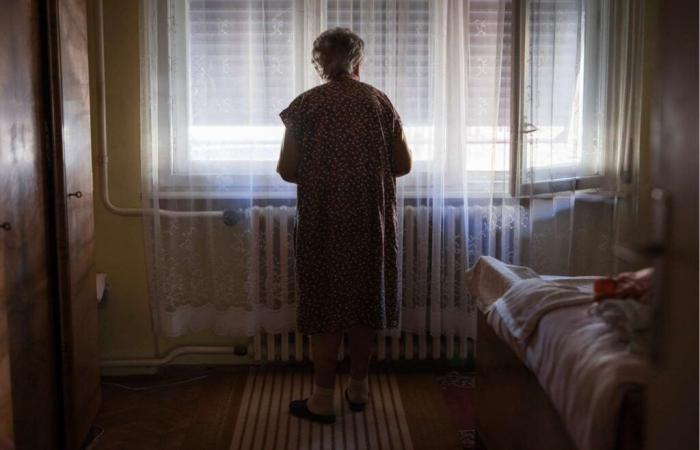England and Wales have been experiencing worrying developments for more than four decades. A study published in the Journal of the Royal Society of Medicine reveals a steady increase in undefined deaths, cases where people who have died at home are found long after their death, in an advanced state of decomposition. This trend raises many questions about social isolation and its dramatic consequences.
A constantly growing morbid trend
The study carried out by British doctors highlights lightlight a disturbing reality. Since the 1980s, the number of people found long after their death has continued to increase. This phenomenon affects men and women equally, despite the overall decline in the mortality rate over the years.
Here are some key figures revealed by the study:
- Men are twice as likely as women to be discovered in a state of decomposition.
- The total number of deaths is higher among 15-44 year olds than among 45-64 year olds.
- The trend has been steadily increasing for more than 40 years for both sexes.
These statistics raise questions about the social and economic factors that could explain this worrying development.
The loneliness epidemic: a societal scourge
Although the exact causes of this phenomenon remain to be determined, the authors of the study favor the possibility of an epidemic of loneliness. Dr. Kamila Hawthorne, President of the Royal College of GPshighlights the considerable impact of social isolation on health: “ Loneliness puts people at a 50% higher risk of premature death. The decline in social relations only makes the situation worse ».
This reality is corroborated by an Ipsos survey carried out in February 2023, which reveals that:
| Age group | Percentage feeling alone |
| Population totale | More than one in three Britons |
| 18-24 ans | More than half |
These alarming figures highlight the scale of the problem of social isolation in the UK, particularly affecting young adults.
The consequences of a changing society
The rise in undetected solitary deaths raises questions about the profound societal changes the UK is going through. Several factors could explain this trend:
- the rising cost of living, which is pushing many Britons into isolation;
- the crumbling of traditional social ties, particularly in urban communities;
- the increasing digitalization of social interactions, to the detriment of direct human contacts;
- difficulties in accessing health and social assistance services, particularly for vulnerable populations.
These combined elements create a breeding ground for social isolation and psychological distress, increasing the risk of deaths going unnoticed for long periods of time.
Towards collective awareness
Faced with this alarming reality, societal mobilization seems necessary. Initiatives to strengthen community connections and combat social isolation could help reverse this trend. Raising public and official awareness of the importance of social and emotional well-being appears to be a crucial issue in preventing these silent tragedies.
The study into the rise in undetected solitary deaths in the UK sounds a wake-up call to British society. It calls for deep reflection on the values of solidarity and mutual aid, essential to the social fabric of a nation.






